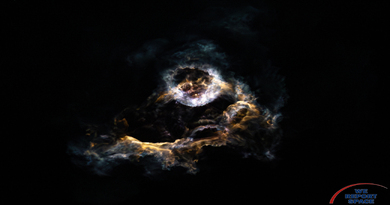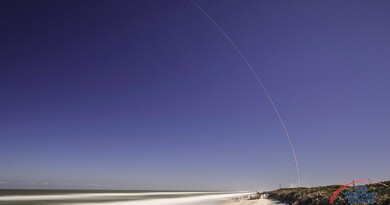OSIRIS-REx Will Not Change Bennu Trajectory to Wipe Out the Earth
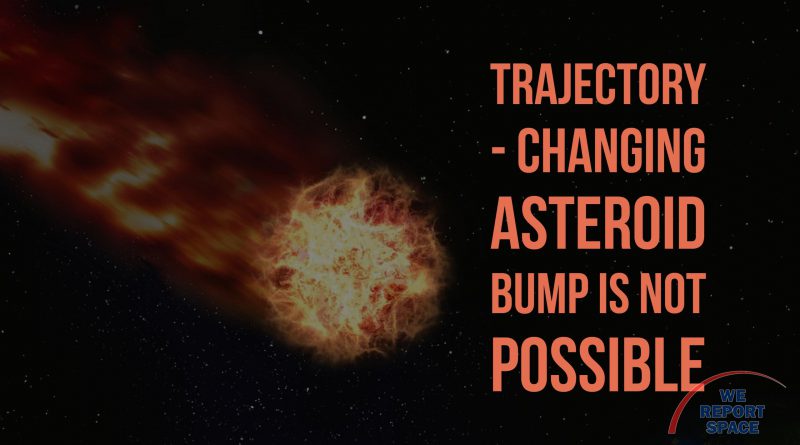
KENNEDY SPACE CENTER: We've all started a small project around the house and in the process of fixing the small problem, we slip and break something far larger. Is there any chance that the OSIRIS-REx spacecraft will "slip" and alter asteroid Bennu's trajectory to wipe out the Earth? The OSIRIS-REx team says not a chance.
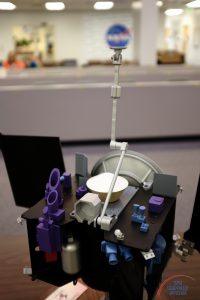
According to deputy principal investigator Heather Enos, the mass of the OSIRIS-REx spacecraft is about the size of a Jeep Grand Cherokee. The size of asteroid Bennu is about the size of a pretty good-sized mountain. "There is no chance of us changing the trajectory of Bennu or pushing it towards Earth at all."
After thoroughly mapping Bennu, the spacecraft will descend to the surface, use nitrogen to stir up a sample and then vacuum anywhere from 2 ounces to 4.4 pounds of material. This entire "kiss" will take five seconds. Is there any danger that OSIRIS-REx will crash into Bennu and alter the trajectory? On August 8, 2016, I asked Principal Investigator Danta Lauretta if he ever wakes up in the middle of the night in a panic that somehow he doomed the Earth by altering the trajectory of Bennu.
He replied, "There are a lot of things that keep me up at night, but that is definitely not one of them. I have full confidence in the astrodynamics team who have calculated the force profile and the trajectory of the asteroid and assured me that we will not substantially influence the orbit and send Bennu on to an impact trajectory with the Earth."
I asked what does keep him up at night.
"My sleepless nights have been making sure we solve the technical issues, making sure the team doesn't burn out, and making sure we have the resources they need to do their job and making sure they appreciate how important their role is on our team."
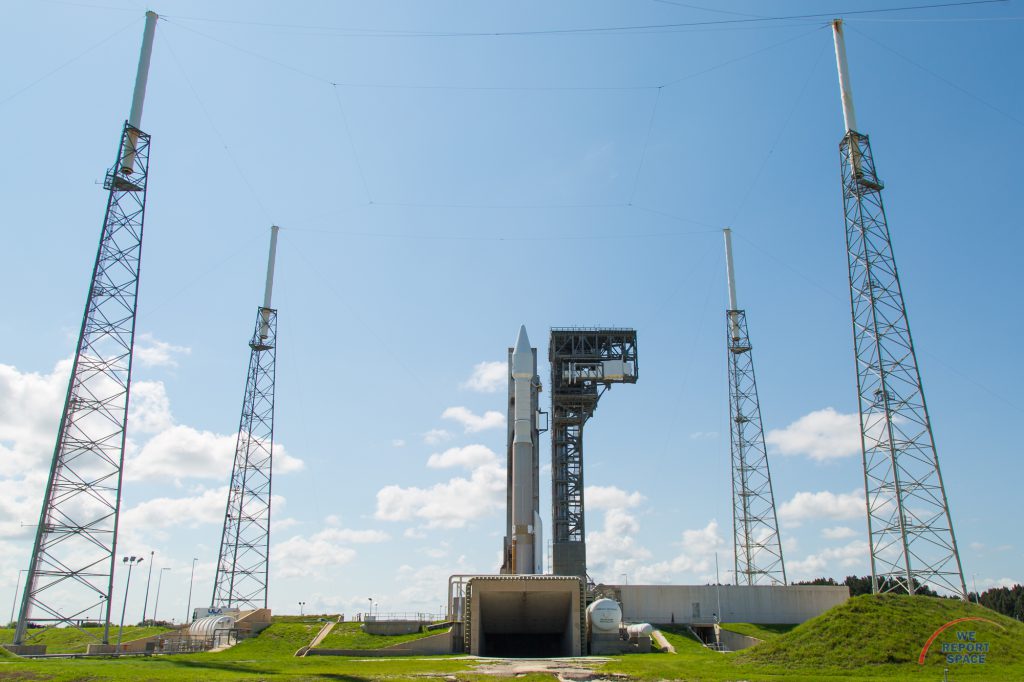
In case you want to stay up nights in worry, you might wonder if the sample might contain harmful bacteria or virus that will wipe out the citizens of Earth. The OSIRIS-REx website says not to worry: "Bennu is too small and the radiation doses would kill anything living on the asteroid in a very short time. We had to prove this as part of our Planetary Protection rating – which is Unrestricted Earth Return – meaning that we do not have to take any special precautions to avoid contaminating the Earth with extraterrestrial life. Instead, we hope to find organic molecules that may have led to the origin of life on Earth."
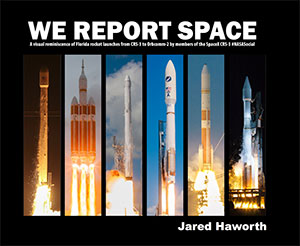
Stunning, full color photo book covering every east coast launch spanning 2014-2015, including the first-ever powered landing of a SpaceX Falcon 9 rocket.
More Info